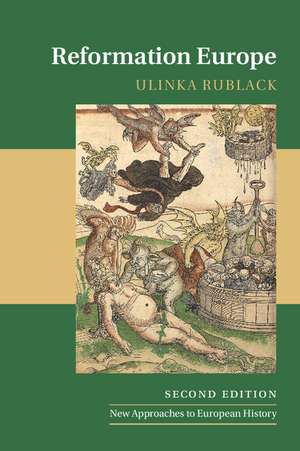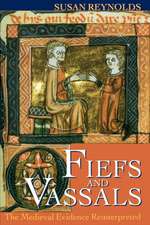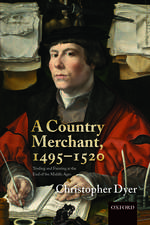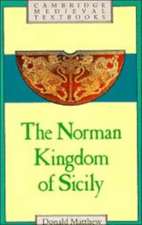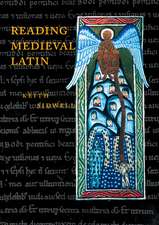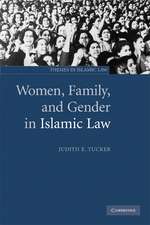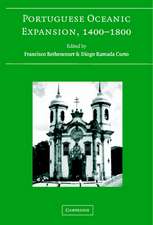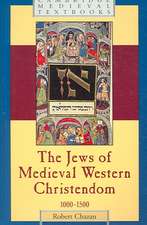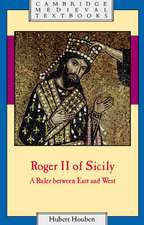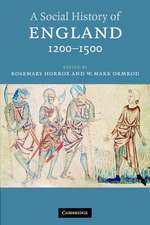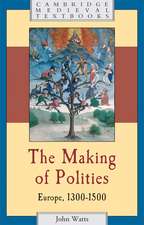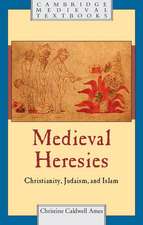Reformation Europe: New Approaches to European History, cartea 54
Autor Ulinka Rublacken Limba Engleză Paperback – 20 sep 2017
Din seria New Approaches to European History
-
 Preț: 185.12 lei
Preț: 185.12 lei -
 Preț: 223.66 lei
Preț: 223.66 lei -
 Preț: 299.44 lei
Preț: 299.44 lei -
 Preț: 236.92 lei
Preț: 236.92 lei -
 Preț: 237.15 lei
Preț: 237.15 lei - 8%
 Preț: 482.17 lei
Preț: 482.17 lei - 8%
 Preț: 441.68 lei
Preț: 441.68 lei -
 Preț: 200.13 lei
Preț: 200.13 lei -
 Preț: 245.24 lei
Preț: 245.24 lei -
 Preț: 227.49 lei
Preț: 227.49 lei -
 Preț: 137.74 lei
Preț: 137.74 lei - 9%
 Preț: 594.01 lei
Preț: 594.01 lei -
 Preț: 209.63 lei
Preț: 209.63 lei -
 Preț: 186.07 lei
Preț: 186.07 lei -
 Preț: 185.12 lei
Preț: 185.12 lei -
 Preț: 178.30 lei
Preț: 178.30 lei -
 Preț: 176.86 lei
Preț: 176.86 lei -
 Preț: 295.08 lei
Preț: 295.08 lei -
 Preț: 242.54 lei
Preț: 242.54 lei - 19%
 Preț: 496.73 lei
Preț: 496.73 lei -
 Preț: 241.62 lei
Preț: 241.62 lei -
 Preț: 292.19 lei
Preț: 292.19 lei -
 Preț: 278.72 lei
Preț: 278.72 lei -
 Preț: 359.90 lei
Preț: 359.90 lei -
 Preț: 338.22 lei
Preț: 338.22 lei -
 Preț: 311.99 lei
Preț: 311.99 lei -
 Preț: 315.04 lei
Preț: 315.04 lei -
 Preț: 273.89 lei
Preț: 273.89 lei -
 Preț: 300.79 lei
Preț: 300.79 lei -
 Preț: 319.88 lei
Preț: 319.88 lei -
 Preț: 288.37 lei
Preț: 288.37 lei -
 Preț: 304.23 lei
Preț: 304.23 lei
Preț: 192.42 lei
Nou
36.82€ • 38.44$ • 30.47£
Carte disponibilă
Livrare economică 14-28 martie
Livrare express 27 februarie-05 martie pentru 24.82 lei
Specificații
ISBN-10: 1107603544
Pagini: 270
Ilustrații: 54 b/w illus. 1 map
Dimensiuni: 153 x 228 x 13 mm
Greutate: 0.39 kg
Ediția:2Revizuită
Editura: Cambridge University Press
Colecția Cambridge University Press
Seria New Approaches to European History
Locul publicării:New York, United States
Cuprins
Recenzii
Praise for the first edition: 'Bravo to this slim and elegant book, the latest in Cambridge's series, 'New Approaches to European History', that offers a balanced and nutritious mixing of Reformation scholarship, using traditional ingredients spiced up with new theories, resulting in an original and fresh preparation to tempt palates away from the traditional staple of political and theological histories.' The International History Review
Praise for the first edition: 'Students will most likely find this book to be an easy read and will appreciate the lack of detailed theological discussions. Chapter 4 in particular, with its sections on daily life, is fascinating and will engage most university students. More advanced students will also benefit from the good survey of recent works on Reformation history.' Amy R. Caldwell, H-Net
'The new edition strengthens Rublack's explanation for how Martin Luther and Jean Calvin, the principal figures of the book, overcame similar impediments and became the great leaders of Protestantism. … The author has added many illustrations and anecdotes … Recommended.' F. J. Baumgartner, Choice
Descriere
How could the Protestant Reformation take off from Wittenberg, a tiny town in Saxony, which contemporaries regarded as a mud hole? And how could a man of humble origins, deeply scared by the devil, become a charismatic leader and convince others that the Pope was the living Antichrist? Martin Luther founded a religion which to this day determines many people's lives, as did Jean Calvin in Geneva one generation later. In this new edition of her best selling textbook, Ulinka Rublack addresses these two tantalising questions. Including evidence from the period's rich material culture, alongside a wealth of illustrations, this is the first textbook to use the approaches of the new cultural history to analyse how Reformation Europe came about.
Updated for the anniversary of the circulation of Luther's ninety-five theses, Reformation Europe has been restructured for ease of teaching, and now contains additional references to 'radical' strands of Protestantism.
